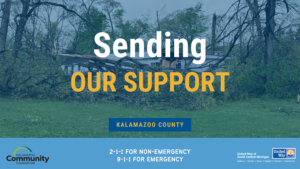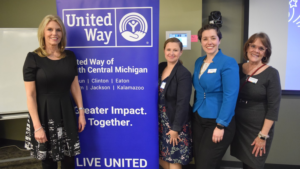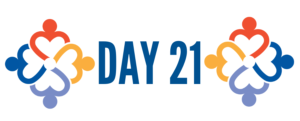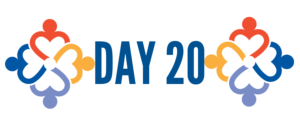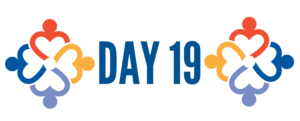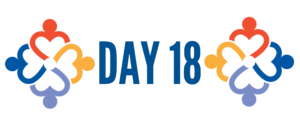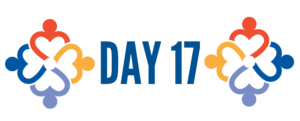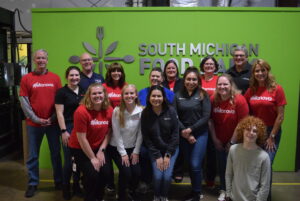Financial Stability has been one of United Way’s focus areas for years, along with Education, Health, and Capacity Building. But given how often people ask me what it means, I guess we haven’t done a good job of describing it.
A financially stable household has these four things going for it: 1.) Enough income to meet basic needs, meaning food, shelter, health care and other daily expenses; 2.) Enough income to save a little on top of basic needs; 3.) The knowledge to manage a household budget and credit; 4.) The ability to purchase an asset, such as housing, transportation or an education.
Seems reasonable, right? So how much money is that? Here’s what the 2014 ALICE Report tells us:

Sure, a lot of people manage to get by on less money. But all it takes is one unexpected bill—a car repair, an unplanned doctor’s visit, a higher-than-expected heating bill during a cold winter—and a household goes into a financial spiral that can lead to poverty.
Now here’s the other side of the coin: When people are in poverty or near it (what we call ALICE—Asset Limited, Income Constrained, Employed), it isn’t just “their” problem. It’s everyone’s problem. Financial instability affects workplace productivity, cost of health care, education programs, even transportation issues.
Just as the effects are widespread, so are the steps we need to take to create a more financially stable community. We need kids to succeed in school so they can go on to good careers. We need transportation supports so employees can get to work. We need financial management training so people can budget better. We need job skills training, child care access, healthy lifestyle tools, and much more.
That’s where United Way is focusing its energies. We’re looking at every program, partnership and support opportunity through the lens of financial stability. We’re also paying close attention to racial and economic disparities, looking for ways to promote equity across our work. Our eyes are on the vision: A community rich in opportunities to eliminate poverty and allow all people to achieve financial stability and success.
I’m excited by these opportunities! How about you? Share your thoughts by email (ktoll@uwjackson.org), give me a call (517-784-0511) or comment on Facebook.
Ken Toll
Executive Director
United Way of Jackson County

